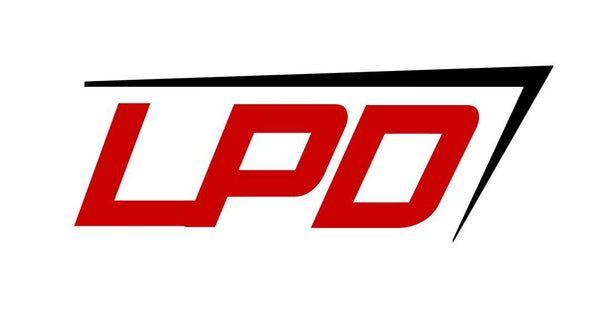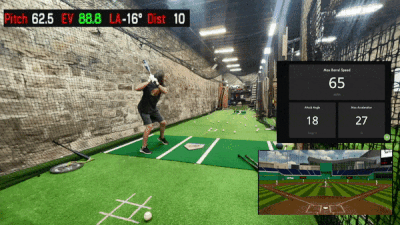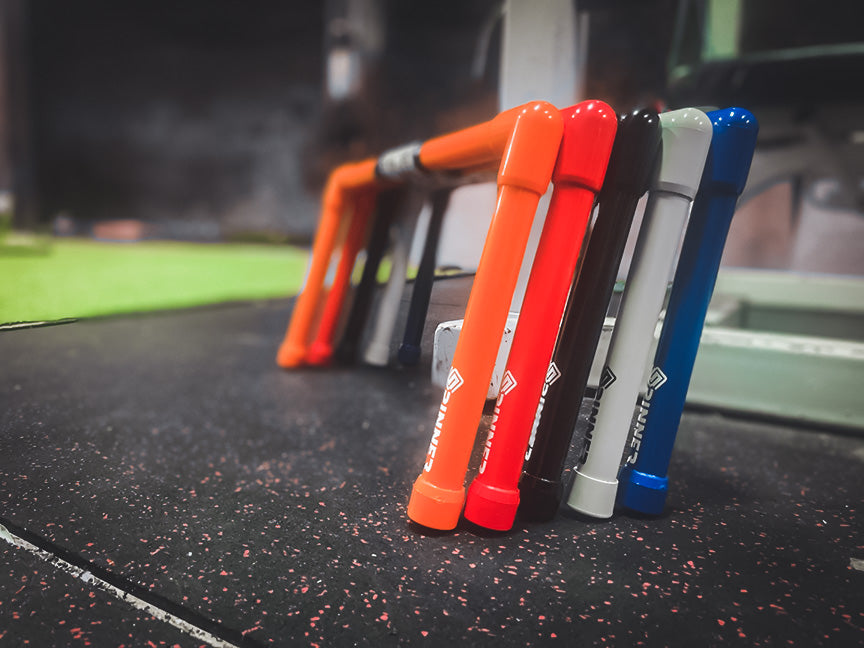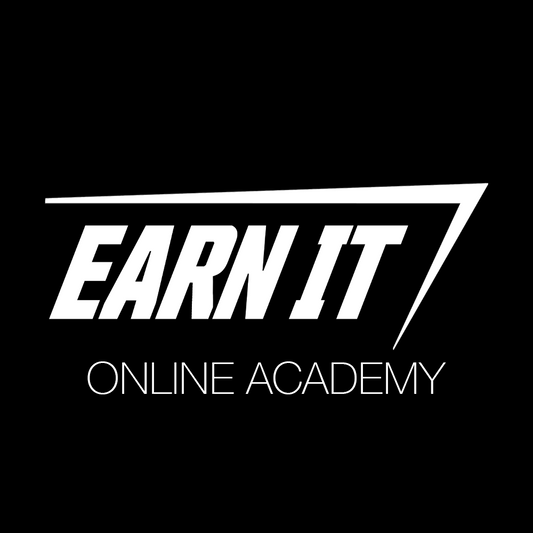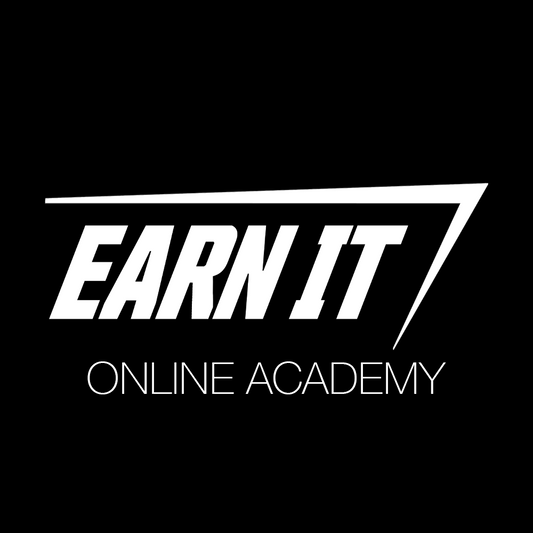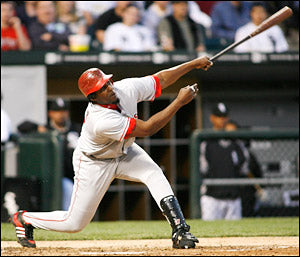The hardest part about being a coach, and being a parent, is that if you do your job well enough then ultimately your players (or your kids) no longer need you. As a coach, I have always wanted to empower our players to not only make their own decisions but allow them opportunities to fail and learn from it. Ultimately, Coaching is about making your own job obsolete. Good coaches foster independence. We should be working towards having our athletes be self-sufficient, with our role providing simple corrections within the "guardrails" as it goes.
The role of a coach is to guide and support an athlete in their pursuit of achieving their goals. A coach must understand their athlete's strengths and weaknesses and work with them to develop a plan of action to reach their full potential. However, the ultimate goal of any coach should be to make their job obsolete. In other words, a coach's aim should be to create athletes who are self-sufficient and can manage their own training and competition plans.
Good coaches foster independence. They help their athletes develop the skills they need to succeed on their own. A good coach is like a parent teaching a child to ride a bike. Initially, the parent supports the child, helping them stay balanced as they pedal. As the child gains confidence and develops their skills, the parent gradually steps back and allows the child to ride on their own. Eventually, the child is riding without the parent's support, and the parent's role becomes that of an observer, stepping in only when absolutely necessary to provide guidance or support.
Similarly, a coach should aim to create self-sufficient athletes. Athletes who can manage their own training and competition plans, identify their strengths and weaknesses, and make adjustments as necessary. The coach's role is to provide guidance, support, and feedback to help the athlete develop the skills they need to succeed.
Coaching is not about creating a dependency on the coach. It is about empowering the athlete to take ownership of their own development. Coaches who foster independence in their athletes are not threatened by their athletes' success. They understand that their role is to create a supportive environment that allows the athlete to achieve their full potential.
Making your job as a coach obsolete is not about being replaced by the athlete. It is about creating a partnership between coach and athlete, with the athlete taking the lead in their own development. When the athlete is self-sufficient, the coach's role becomes that of a collaborator, working together with the athlete to identify areas for improvement and develop strategies for success.
Course correcting is an important part of the coach's role. Even self-sufficient athletes need guidance and support from time to time. The coach's role is to help the athlete stay on course, making small adjustments as necessary to keep the athlete moving towards their goals.
The coach's role in course correcting is not to take control of the athlete's training and competition plans. It is to provide feedback and guidance that helps the athlete make their own adjustments. The coach should ask questions and provide suggestions, but ultimately, the athlete should be the one making the decisions.
For example, let's say an athlete is struggling to hit their spots in their throwing training. The coach's role is not to simply tell the athlete to they need to hit their spots. Instead, the coach should ask questions to help the athlete identify the root cause of the problem. Are they tired? Are they not eating enough? Are they not recovering properly? Once the athlete has identified the issue, the coach can provide guidance and support to help the athlete make the necessary adjustments.
The coach's role in course correcting is not to micromanage the athlete's every move. It is to provide guidance and support that helps the athlete make their own decisions. The coach should be a sounding board, providing feedback and suggestions that the athlete can use to make their own adjustments.
In conclusion, coaching is about making your own job obsolete. Good coaches foster independence, empowering their athletes to take ownership of their own development. When the athlete is self-sufficient, the coach's role becomes that of a collaborator, working together with the athlete to identify areas for improvement and develop strategies for success.

